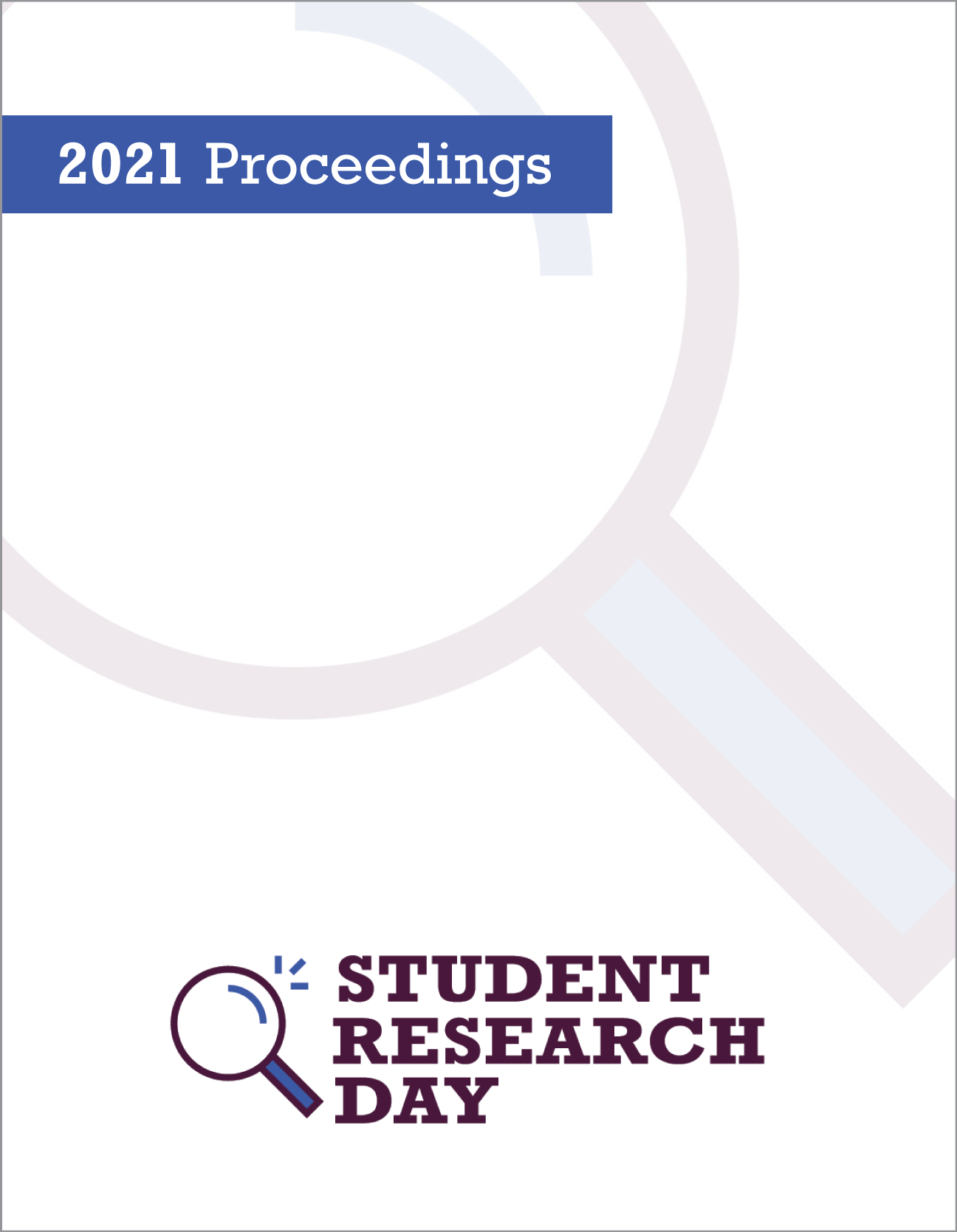Do Narcissists Trust Criminals? Narcissism and Trustworthiness Perceptions
Abstract
Narcissist’s assertive or antagonistic characteristics impact how they perceive others. Individuals high in narcissistic rivalry tend to maintain a hostile orientation after anticipating a threat to their self-image which may make them less trusting. Individuals high in narcissistic admiration tend to seek social admiration through assertive self-promotion which may make them more trusting. The purpose of this study is to examine who narcissists trust during first impressions and if individuals high in narcissistic rivalry differ from individuals high in narcissistic admiration during their trust perceptions. Undergraduate participants (N = 209) viewed facial photos of Nobel Prize winners and white-collar criminals and rated their trustworthiness. Participants completed the Narcissism Admiration and Rivalry Questionnaire to determine their levels narcissistic admiration and narcissistic rivalry. Criminals were rated as less trustworthy than Nobel Prize winners based on facial photos alone. Participants high in narcissistic rivalry perceived Nobel Prize winners as less trustworthy than those low in narcissistic rivalry. Ratings of criminals’ trustworthiness ratings did not differ between those low and high in narcissistic rivalry. These effects were found after controlling for extraneous variables (e.g., perceived attractiveness, happiness, dominance, and the quality of the photos). Narcissistic admiration did not influence trustworthiness ratings. Untrustworthiness may be accurately detected during first impressions. Those who are high in narcissistic rivalry are less trusting towards trustworthy individuals compared to those low in narcissistic rivalry, possibly due to the maintenance of their self-protective, antagonistic and hostile interpersonal orientation.
Department: Psychology
Faculty Mentor: Dr. Miranda Giacomin
References
Published
Issue
Section
License
Authors retain any and all existing copyright to works contributed to these proceedings.



